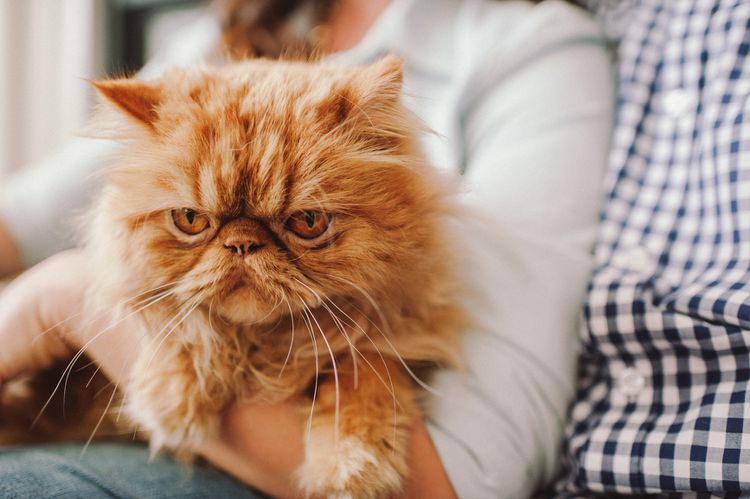
Most owners recognize their special cats have a distinct cat personality. But are there behavioral differences between a black cat and an orange kitty? Some surveys say cat color matters, though most researchers say otherwise. On the other hand, cat breeds (Siamese, Russian Blue, and so forth) really do have personality types.
Still, anecdotal evidence from cat owners often highlights perceived personality traits linked to coat color. This discrepancy between owner beliefs and scientific research sparks interesting discussions within the feline-loving community.
Most household cats are domestic shorthairs. These cats come in a wide range of colors and patterns but share a common ancestry. In other words, a single litter can easily include a black, orange, and calico kitten. These siblings are likely to have a good deal in common, fur color notwithstanding.
But that doesn't stop people from believing that cat color influences personality. For example, one survey indicates black cats more easily tolerate crowding and indoor living than tabby-pattern kitties. Owners of calico kitties say that they have a "different" cattitude compared to other color kitties. Red fur is an early mutation, so this gene could be associated more closely with the personality of the earliest domesticated cats. A study of 84 British Shorthair kittens revealed that red, cream, or tortoiseshell kittens (with the "red" gene) threw tantrums and struggled to escape for longer periods when handled by unfamiliar people, compared to kittens of other colors.
While it's unlikely that color alone has much of an impact on a cat's personality, peoples' beliefs have a strong impact on how they choose and care for their cats.
A study described by the University of California, Berkeley discovered that: "Overall, orange cats and bi-colored cats were characterized as friendly, while black cats, white cats, and tri-colored cats were regarded as more antisocial. White cats were considered to be more shy, lazy, and calm, while tortoiseshell cats were more likely to be depicted as both more intolerant and more trainable. Black cats were typified as having less extreme character traits, which might contribute to their mysterious reputation."
Whether these characteristics have much truth to them or not remains unclear, though, according to the Smithsonian Institution, "A 2002 study in the Journal of Applied Animal Welfare Science, for example, found that black cats and brown cats were the least likely to be adopted. Dark cats were also more likely to be euthanized. And despite there being little genetic evidence that the genes that guide the coloring and patterning on a cat’s coat also influence its behavior, the study found that people frequently believed that tortoiseshells had too much attitude (or 'tortitude'), which may explain why they don’t get adopted quickly or get returned to the shelter."
Unlike color, cat breeds really do make a difference in a pet's personality. For example, Ragdoll cats are almost universally placid, as are Ragamuffins and Persians. The Egyptian Mau, on the other hand, is generally active and athletic. As pedigreed cats are much more expensive than "mutts" available in shelters, it's important to research your prospective pet before making a purchase.
Breeding won't be an issue with spayed and neutered pet cats. But if coat color can help predict temperament and tolerance, that could be an important consideration when choosing a new cat companion. Tolerance of crowding and friendliness toward other kitties is particularly important when adding to your existing cat family.
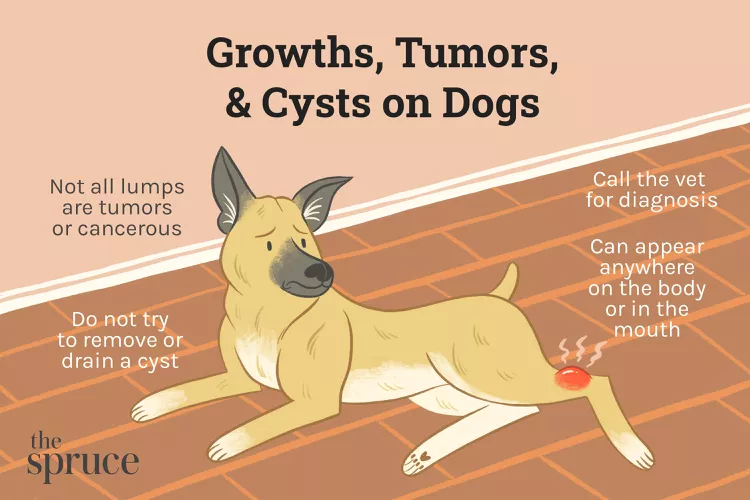
Tumors, Growths, and Cysts in Dogs
Tumors, lumps, growths, or cysts are commonly found on dogs. Learn the causes, treatments, and preventative measures.
Eye Injuries and Infections in Dogs
Dogs can suffer eye injuries that range from mildly irritating to serious medical emergencies. Learn the causes, treatment, and prevention.
Vestibular Disease in Dogs
Vestibular disease affects a dog's balance and eye movements. Find out about the signs, causes, and treatment of vestibular disease in dogs.
Is Acetaminophen Safe for Dogs?
Acetaminophen is used by humans for pain and fever relief, but is it safe for dogs? Here's what you need to know before giving your dog acetaminophen.
Can Dogs Eat Zucchini? Everything to Know About This Hardy Summer Squash
Zucchini is a nutritious food that's safe for dogs to eat in moderation. This low-calorie, high-fiber vegetable can be incorporated as a healthy treat in a dog's balanced diet. Learn more about its health benefits, potential risks, and how to prepare it.
Can Dogs Eat Popcorn? What You Need to Know for Movie Night
Dogs can eat popcorn, but there are safety concerns. Find out how to safely feed your dog popcorn and what you should do if you're concerned.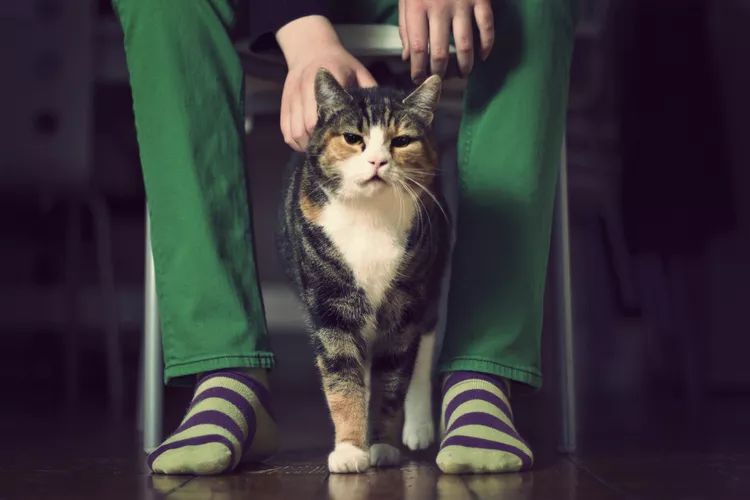
65 Irish Cat Names
Irish cat names can pay homage to historical places, local cuisine, famous Irish actors and musicians, or other wonderful aspects of the Emerald Isle.
46 Egyptian Cat Names
Whether inspired by notable Egyptian deities, locales, or pharaohs, Egyptian cat names can bring out the divinity of your noble feline companion.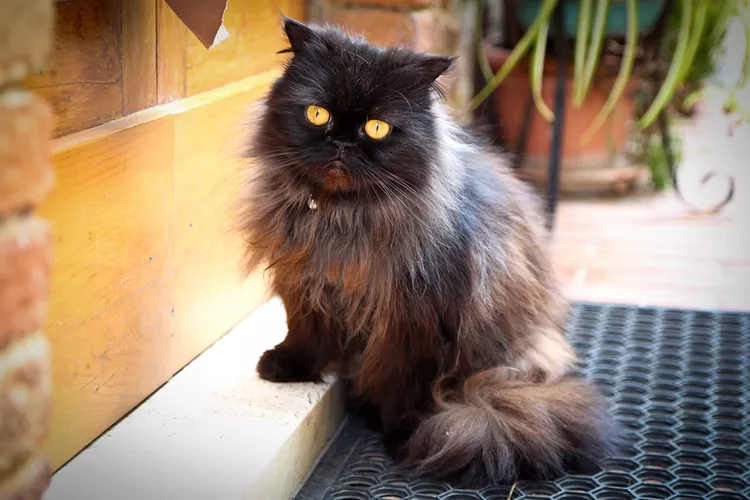
Are Ant Traps Safe for Cats?
Here's how to know if ant traps are safe for cats and how to keep yours free from harm if you have an ant problem.
The 6 Best Cat Nail Clippers of 2024 for a Safe Trim
Clipping your cat's nails can save your furniture and keep your kitty comfortable. We asked veterinarians for their cat nail clipper recommendations.
Is Neosporin Safe for Cats?
A brief summary of concerns a cat owner should be aware of before putting Neosporin on their cat, plus tips for things they can use at home instead.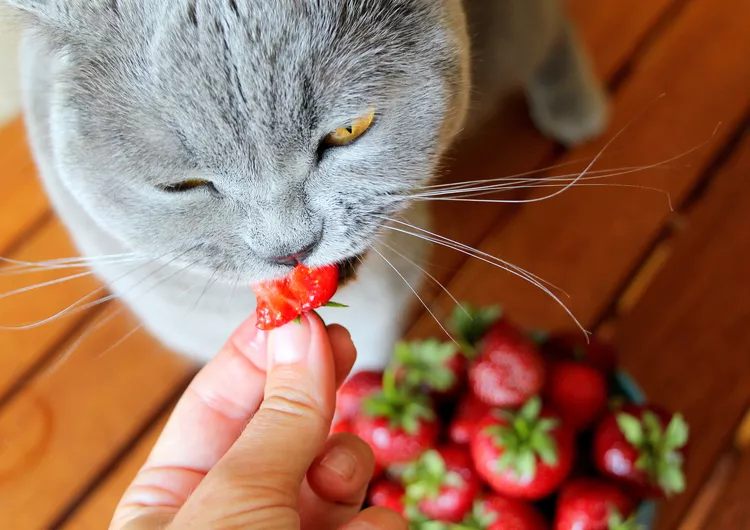
Can Cats Eat Strawberries? How to Safely Share This Summer Berry
Although cats are primarily meat eaters, strawberries may be an interesting and tasty snack for your feline friend. Find out the risks of feeding strawberries to cats and how to safely let your cat enjoy this fruit.
Cute Pictures & Facts About Calico Cats & Kittens
Learn fascinating facts about calico cats, including photos, the genetics behind this color combination, and common folklore and traditions.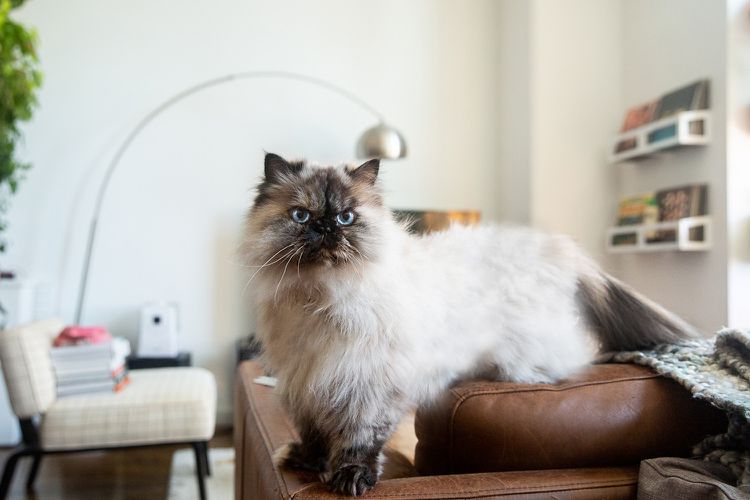
12 Most Popular Cat Breeds for Feline Lovers
These 12 cat breeds, like the Siamese and Sphynx, are known for their unique appearances and personalities. Learn what makes them so popular.
Balinese: Cat Breed Profile, Characteristics & Care
The Balinese cat is playful, sociable, elegant, intelligent, and a touch on the vocal side. Learn about the Balinese, including appearance, temperament, health, and care needs.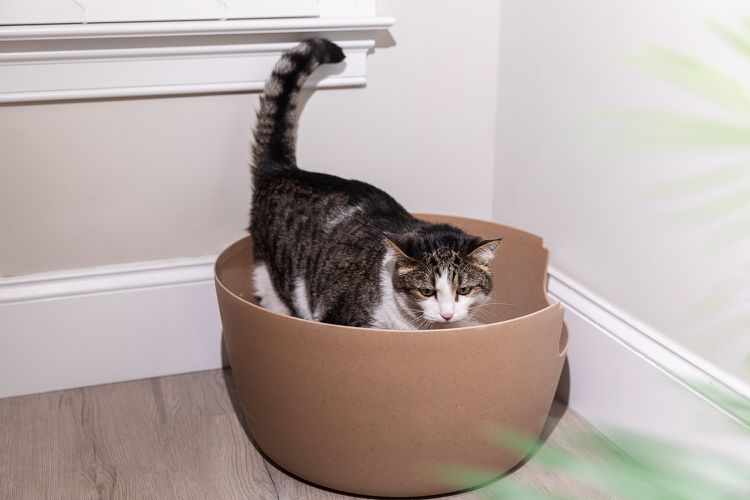
Why Cats Don't Always Cover Their Poop
Cats may not cover their poop for a few different reasons, including being territorial, sending a message to their owner, and not liking the litter.
Cavapoo: Dog Breed Characteristics & Care
The Cavapoo is a hybrid of the Cavalier King Charles spaniel and a toy or miniature poodle. Learn why these teddy-bear-looking dogs make the perfect addition to your family.
Why Dogs Eat Poop and How to Stop Them
Is your dog eating poop? Some dogs do this because of stress or illness. Learn how to prevent stool eating, or coprophagia, in dogs.
Can Dogs Get Depression? How to Help Your Sad Dog
Can dogs get depression? Learn about the signs of depression in dogs and find out how to help your sad dog.
4 Reasons Why Your Dog Licks Their Butt
Butt-licking in dogs can be a part of normal grooming, but excessive butt-licking is not normal. Read about the most common reasons for this behavior.